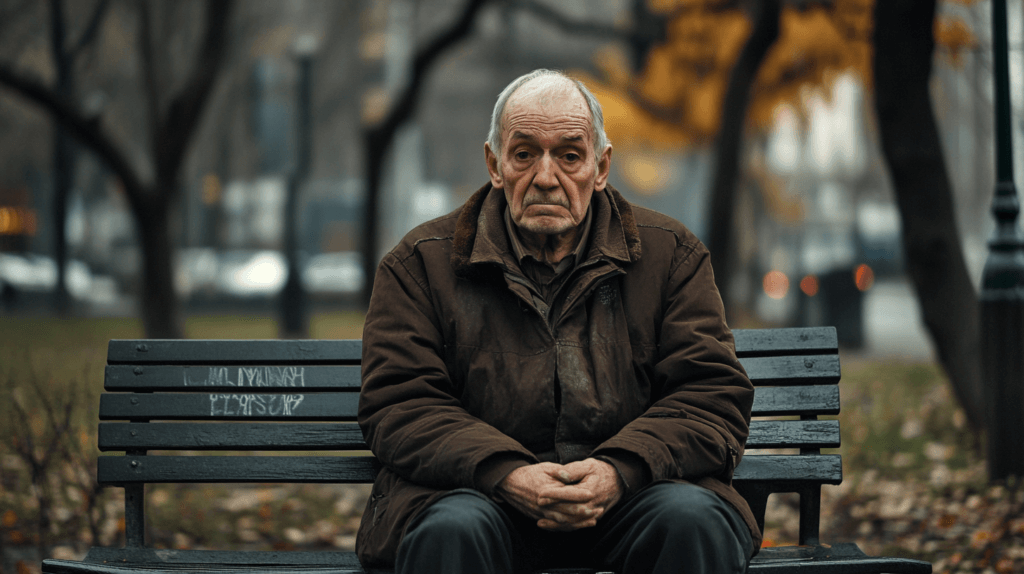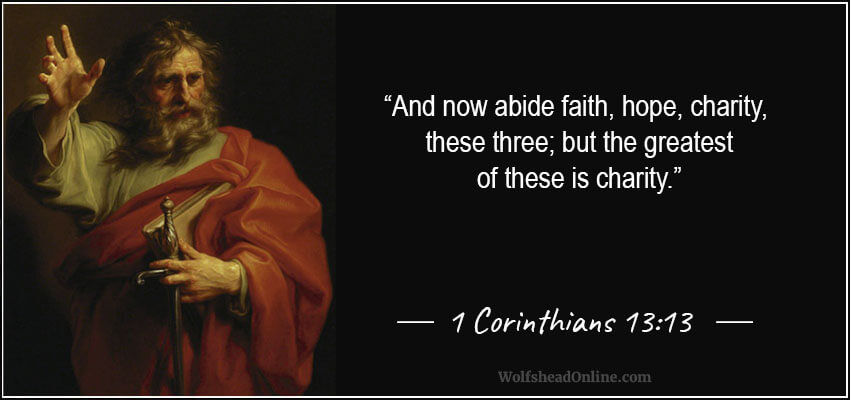I once met an elderly man while getting my oil changed. He was probably in his seventies, sitting quietly in the waiting room with me. I happened to mention to everyone there that they could get $7 off their oil change by logging into Yelp and locating a discount coupon. A small thing—but I figured it might help someone.
After a moment, the man turned to me, thanked me for the tip, and said, “Hardly anyone talks to me anymore. I feel invisible.”
His words cut straight through me. It was such a small interaction, but I’ve never forgotten it. I walked away that day wondering: How many people around us feel invisible, unheard, and forgotten? How many are carrying heavy crosses we never see?
This Lent, I’ve been reflecting on that experience again, especially as I notice a kind of spiritual competitiveness creeping into some Catholic circles—particularly online. Certain voices begin to emerge, suggesting that others are “too comfortable” and need to do more penance or suffer more during Lent.
While it’s true that Lent calls us to prayer, fasting, and almsgiving, it’s also true that not all crosses are visible. Some people suffer silently—through physical pain, chronic illness, anxiety, loneliness, spiritual desolation, grief, or despair. These crosses aren’t easily seen from the outside, and they certainly aren’t going to be broadcast online.
We must be cautious not to measure other people’s holiness or sacrifice through our own lens of spiritual intensity. We’re all at different stages on our journey. What looks like “comfort” on the outside may be a soul clinging to faith in the midst of deep inner suffering.

And it’s worth remembering that Lenten sacrifices aren’t meant to become an Olympic sport—something to showcase online with escalating rigor or severity. When penance becomes performative, we risk losing the heart of Lent: interior conversion and deeper union with Christ.
The saints have something to teach us here. St. Thérèse of Lisieux, in particular, speaks to this with her Little Way. She didn’t perform grand acts of penance or seek spiritual heroics. Instead, she practiced small acts of love, humility, and trust—believing that what matters most is how we love, not how much we appear to sacrifice. In her hidden life, she showed that quiet suffering borne with grace can be as holy as public martyrdom.
St. Paul reminds us that “if I give away all I have, and if I deliver up my body to be burned, but have not charity, I gain nothing” (1 Corinthians 13:3). The essence of holiness is love. Without it, even the most dramatic sacrifices are empty.
That elderly man at the oil change didn’t need a lecture. He needed kindness. And I think that’s what a lot of people need right now—not judgment or assumptions, but mercy.
So this Lent, as we strive to grow closer to Christ, let’s remember the people we don’t see, the suffering we don’t notice, and the burdens others may be carrying silently. Let’s keep our focus on compassion rather than comparison, and resist the temptation to turn devotion into a public performance.
Because not all crosses are visible. But Christ sees them all—and calls us to look with love, not judgment.
— Wolfshead






It happens to a lot of elderly people. And not only to elderly people. Communication seems to have become a rare thing despite all social media. None really foster discussion anymore through their format/design, they are rather confrontational.